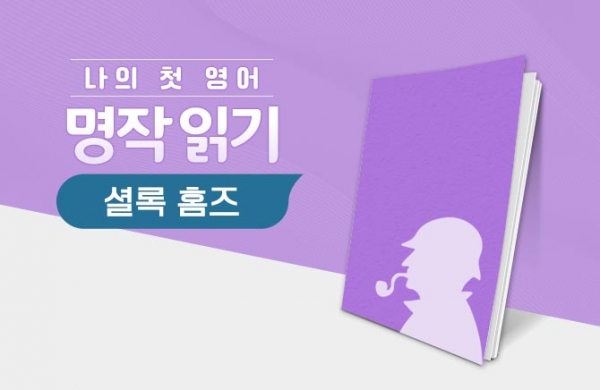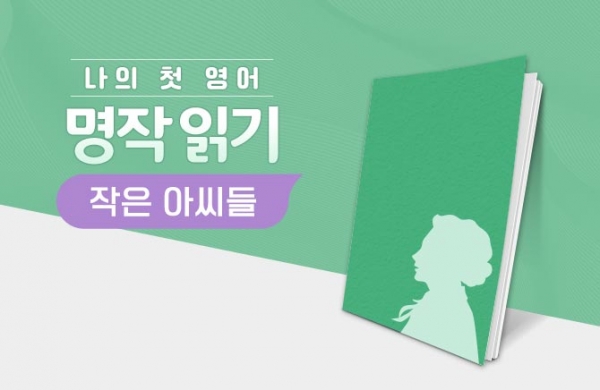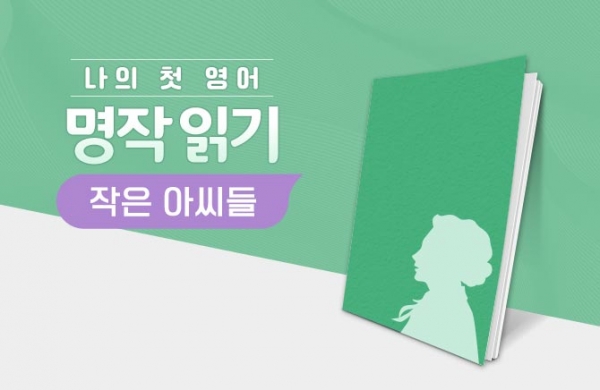-
- ņśüņ¢┤
- Sel TEST
- English Hub
- Speaking TIP
- Culture Story
- Business Writing
- ņØ╝ļ│Ėņ¢┤
- Sel TEST
- Japan Hub
- ņżæĻĄŁņ¢┤
- Sel TEST
- Chinese Hub
- ņżæĻĄŁ ņĄ£ņŗĀ ļē┤ņŖż
- The China+
- ĻĘĖļ”¼ņŖżņ¢┤
- ļäżĒīöņ¢┤
- ļÅģņØ╝ņ¢┤
- ļØ╝ņśżņŖżņ¢┤
- ļ¤¼ņŗ£ņĢäņ¢┤
- ļŻ©ļ¦łļŗłņĢäņ¢┤
- ļ¬ĮĻ│©ņ¢┤
- ļ»Ėņ¢Ćļ¦łņ¢┤
- ļ¦ÉļĀłņØ┤ņ¢┤
- ļ▓ĀĒŖĖļé©ņ¢┤
- ļ▒ģĻ│©ņ¢┤
- ļČłĻ░Ćļ”¼ņĢäņ¢┤
- ņŖżņÖĆĒ×Éļ”¼ņ¢┤
- ņŖżĒÄśņØĖņ¢┤
- ņŗ▒ĒĢĀļØ╝ņ¢┤
- ņĢäļ׏ņ¢┤
- ņĢäļź┤ļ®öļŗłņĢäņ¢┤
- ņĢäņĀ£ļź┤ļ░öņØ┤ņ×öņ¢┤
- ņĢöĒĢśļØ╝ņ¢┤
- ņÜ░ļź┤ļæÉņ¢┤
- ņÜ░ņ”łļ░▒ņ¢┤
- ņÜ░Ēü¼ļØ╝ņØ┤ļéśņ¢┤
- ņØ┤ļ×Ćņ¢┤
- ņØ┤Ēāłļ”¼ņĢäņ¢┤
- ņØĖļÅäļäżņŗ£ņĢäņ¢┤
- ņ▓┤ņĮöņ¢┤
- ņ║äļ│┤ļööņĢäņ¢┤
- Ēéżļź┤ĻĖ░ņŖżņ¢┤
- ņ╣┤ņ×ÉĒØÉņ¢┤
- Ēā£ĻĄŁņ¢┤
- Ēä░Ēéżņ¢┤
- Ēł¼ļź┤Ēü¼ļ¦żļŗłņŖżĒāäņ¢┤
- Ēżļź┤Ēł¼Ļ░łņ¢┤
- ĒÅ┤ļ×Ćļō£ņ¢┤
- Ēöäļ×æņŖżņ¢┤
- ĒŚØĻ░Ćļ”¼ņ¢┤
- Ē×īļööņ¢┤
- ļ©╝ļéśļØ╝ ņØ┤ņøāļéśļØ╝
-

Culture Story
Ļ▓īņŗ£ĻĖĆ ņłś | 419
Ļ┤ĆļĀ© Ļ░Ģņóī ņłś | 169
- Things that make us angry on public transport
- jskim | 2019.12.09 09:29
-
Things that make us angry on public transport
What makes you angry on public transport?
What are the rules for good manners on public transport?
Below are one personŌĆÖs pet peeves about rude people on the subway or bus.
Standing in front of the door
When people stand in front of the door you canŌĆÖt get off the bus or train. We should not have to push past you to get to the door. If you arenŌĆÖt getting off you should stand some other place. Standing in front of the door makes chaos when people need to get off quickly.
Wearing backpacks
Backpacks use a lot of space when you donŌĆÖt take them off. There is a lot of potential for hitting other passengers with your backpack as you go past them. Put it by your side until you get off.
Taking all the space on the seats
When it is peak time (morning and late afternoon) there is not much room. If you put your bag next to you then nobody else can sit down. Move over, hold your bag in your arms. It is good manners or courtesy to make it easier for other people to sit down.
Talking loudly.
Talking on the bus or train isnŌĆÖt the issue. The issue is talking on the bus or the train like you are the only person there. When you talk on the phone, keep in mind youŌĆÖre on the bus, and maybe no one else on the bus wants to hear all your conversation.
Untidy riders
You can be dirty at home. If you have to eat something then be decent and pick up your trash when you leave the bus. Other riders donŌĆÖt want to have to move your trash so they can sit down.
Try to guess the meaning of the words in bold and match them with their closest meaning from the choices in the right. Some of the answers are very close and have similar meaning. The meaning of these words is how they are used in the reading. Some of these words have different meanings in the dictionary depending on how they are used.
The answers are below the table.
pet peeves
A
1
Something in the future with good possibility, will be valuable in the future
chaos
B
2
The problem, the thing that is not right/correct
potential
C
3
Good and respectful, opposite of rude
peak time
D
4
DonŌĆÖt forget, keep thinking about, make a note to do or remember something
courtesy
E
5
The busiest period/moments
the issue
F
6
Good manners, etiquette, respectful
keep in mind
G
7
No control, opposite of calm
decency
H
8
Things that make you angry/annoyed/unhappy
A=8, B=7, C=1, D=5, E=6, F=2, G=4, H=3
Some example sentences using the new words or phrases from the meaning of how they are used in the reading to help you understand better.
My biggest pet peeve is people who talk loudly when I am trying to sleep.
The storm made a lot of chaos.
She is a good piano player. She has a lot of potential.
Chuseok is the peak time for travel in Korea.
It is a good courtesy to introduce your name when you first meet someone new.
The issue these days is global warming.
Please keep in mind that the test will be on Monday.
He is an honest and decent man. He always does the correct thing.
Some questions using the new words/phrases. Try to use the words/phrases in your answer.
What are your pet peeves on the subway/bus? Why?
When is the traffic and public transport chaotic in your city?
What is the peak time for drinking and having fun where you live?
What is good courtesy on the public transport where you live?
What are the biggest issues on public transport where you live? Why?
What should a foreigner keep in mind when visiting your country/city?
How can we teach young children decent manners?
Describe your potential?
- 586.mp3 (989.1KB) (577)
- ņČöņ▓£Ļ░Ģņóī























